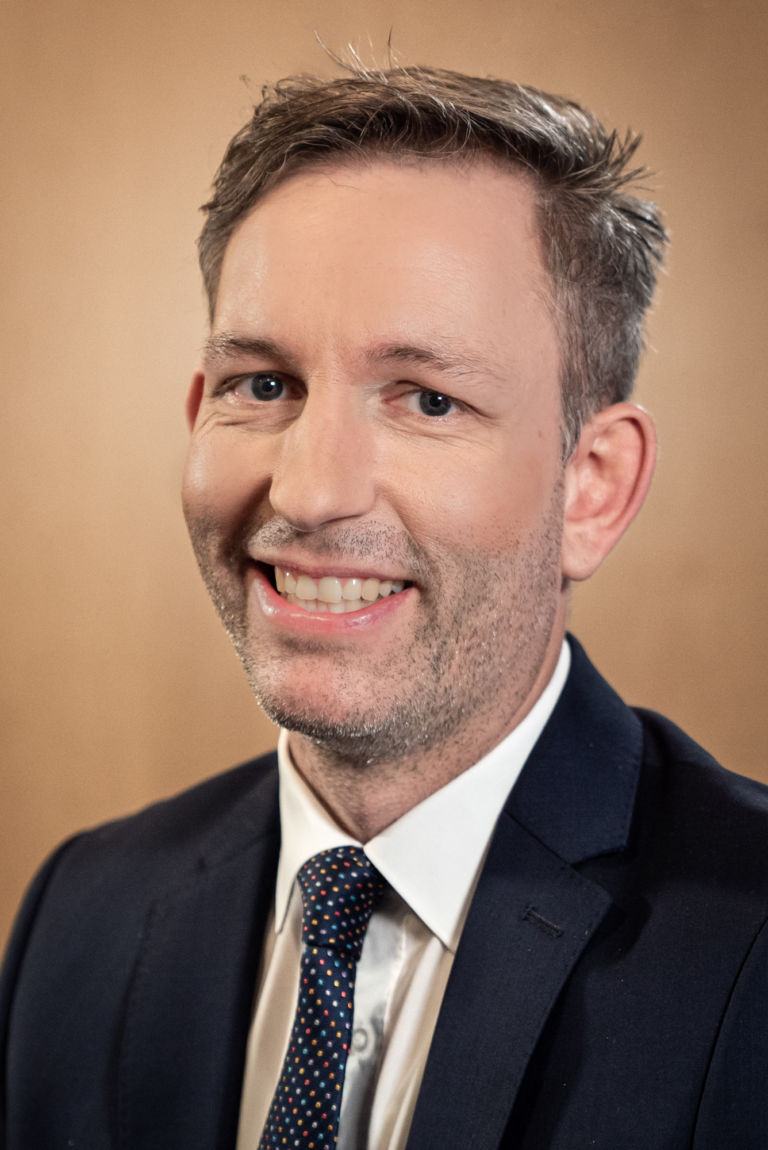With the following button you will be redirected to Google Translate:
to Google TranslateConfidence & Trust
How to Build it in the Digital Domain
5th part of our digital dicussion series "Cyberwarfare - Cyberpeacebuilding: On a Search for a Cooperative Security Architecture Cyberspace"
18.05.2021
Thema
Confidence Building Measures (CBMS) were in particular prominent between nuclear powers during the Cold War era. CBMS are meant to address, prevent, or resolve uncertainties among rivals in order to avert unwanted escalations and preserve fragile stability in times of intensified power competition. In recent years, CBMS were introduced into the cyber domain and several organizations – such as the OSCE, the African Union, the G7 or the G20 – gained experience with trust and confidence-building initiatives. Future efforts to establish a cooperative security architecture in cyberspace, will therefore most likely grant CBMS a prominent role. Against this background, it is the purpose of this workshop session to take stock of the CBMS lessons that were made in the past and elaborate on ideas on how these measures could be improved in the future within the cyber domain.
Downloads
Programm
zur DruckversionJürgen ALTMANN, Lecturer/Researcher, Department of Physics at Technische Universität Dortmund, Co-Founder of the German Research Association for Science, Disarmament and International Security (FONAS), Dortmund/Germany
Erica BORGHARD, Senior Fellow at the Atlantic Council and Senior Director of the Cyberspace Solarium Commission, New York
Andreas KUEHN, Senior Fellow, Cyberspace Cooperation Initiative, Observer Research Foundation America (ORF America), San Francisco
Szilvia TÓTH, Cyber Security Officer, Secretariat of the Organization for Security and Co-operation in Europe (OSCE), Vienna
Referierende
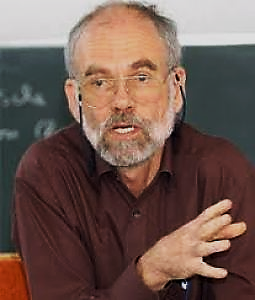
is a physicist and peace researcher at TU Dortmund University, Germany. Since 1985 he has studied scientific-technical problems of disarmament. An experimental focus is automatic sensor systems for co-operative verification of disarmament and peace agreements and for IAEA safeguards for an underground final repository. The second focus is assessment of new military technologies and preventive arms control, including verification. Studies have dealt with “non-lethal” weapons, civilian and military technologies in aviation, military uses of microsystems technology and of nanotechnology, armed uninhabited/autonomous vehicles and confidence and security building measures for cyber forces.
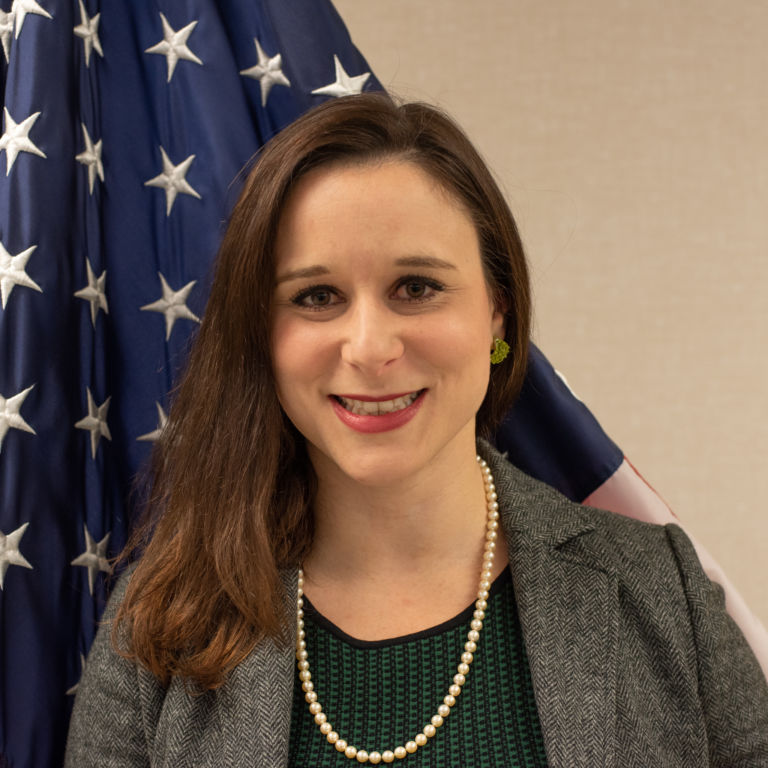
is a senior fellow with the Technology and International Affairs Program at the Carnegie Endowment for International Peace. Erica also continues to serve as a senior director on the US Cyberspace Solarium Commission. Previously, Erica was a senior fellow with the New American Engagement Initiative at the Scowcroft Center for Strategy and Security in the Atlantic Council. Prior to that, Erica was an Assistant Professor in the Army Cyber Institute at the United States Military Academy at West Point; and also served as an Assistant Professor and Executive Director of the Rupert H. Johnson Grand Strategy Program in the Department of Social Sciences at West Point. Erica was also a Council on Foreign Relations International Affairs Fellow, with placement at JPMorgan Chase and US Cyber Command. Erica received her PhD in Political Science from Columbia University. She is a term member at the Council on Foreign Relations and an adjunct research fellow at the Saltzman Institute of War and Peace Studies at Columbia University.
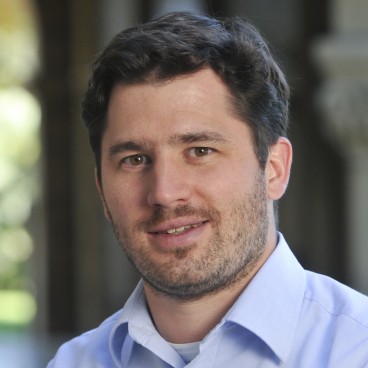
is a Senior Fellow with the Observer Research Foundation America’s Cyberspace Cooperation Initiative. His research focuses on the implications of emerging information technology on cybersecurity, risk, and international security. His recent report “Weathering TechNationalism” examines trustworthiness and security in global ICT supply chains and outlines a framework to build trust and manage third-party risk. Prior to joining ORF America, Andreas was a Senior Program Associate at the EastWest Institute, where he led the Institute’s cyber research portfolio. He was a Cybersecurity Fellow at Stanford University’s Center for International Security and Cooperation, where he researched vulnerability markets and disclosure arrangements and was an adjunct researcher at the RAND Corporation, where he worked on cyber risk assessment and pricing in the insurance industry.
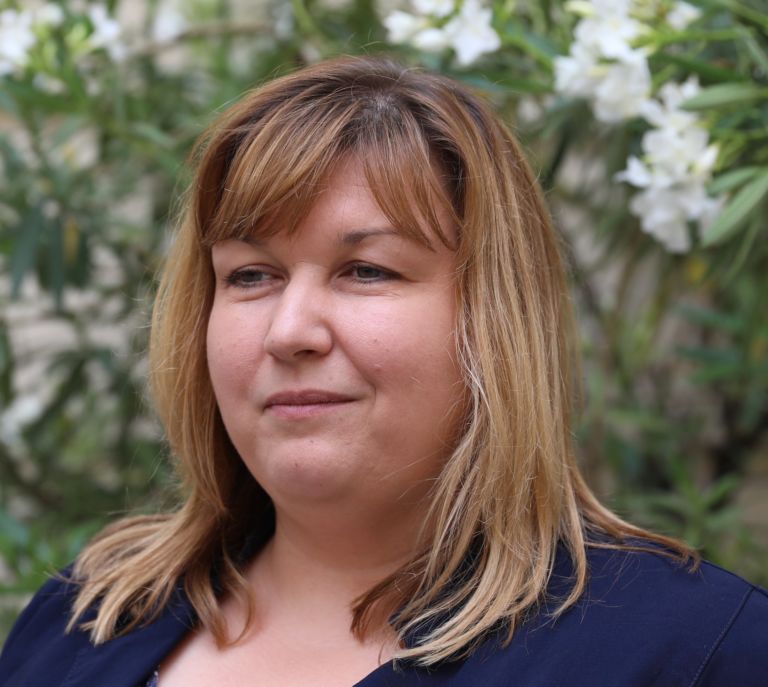
currently works as the Cyber Security Officer at the Secretariat of the Organization for Security and Co-operation in Europe (OSCE), the largest regional security organisation. In her scope of work she is responsible for supporting participating States of the OSCE in cyber related matters, including assistance in developing and implementing cyber Confidence Building Measures. Previously Ms. Tóth was a diplomat at the Ministry of Foreign Affairs and Trade of Hungary for 10 years, having worked on cyber issues and EU affairs. She was also a member of the first Hungarian European Union Presidency team in 2011. Before joining the Ministry of Foreign Affairs, she worked in the private sector: at the mobile phone operator Vodafone Hungary and fixed-line telecom service provider United Telecom Investment. She appeared at a number of national and international conferences and workshops as speaker or moderator on the topic of international cooperation in the field of cyberspace. She holds a Bachelor’s degree in International communications and a Master’s degree in European Union affairs. She is an alumna of the George C. Marshall European Center for Security Studies, having completed the Program on Cyber Security Studies in 2014 (PCSS 15-1) and was an adjunct faculty member and co-seminar leader at the same course in 2018.

